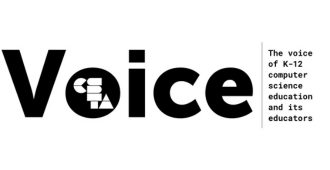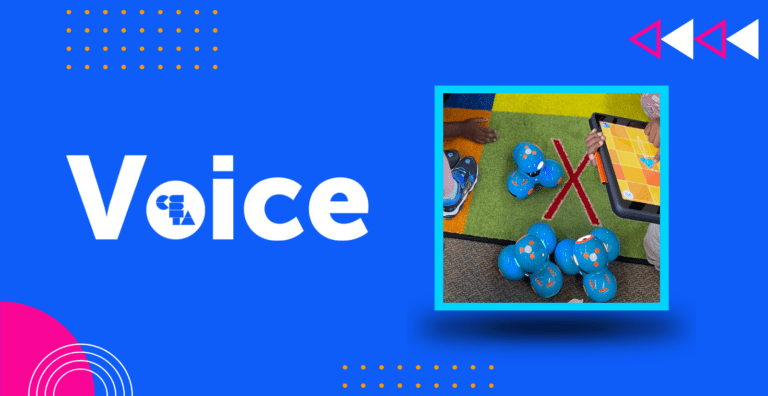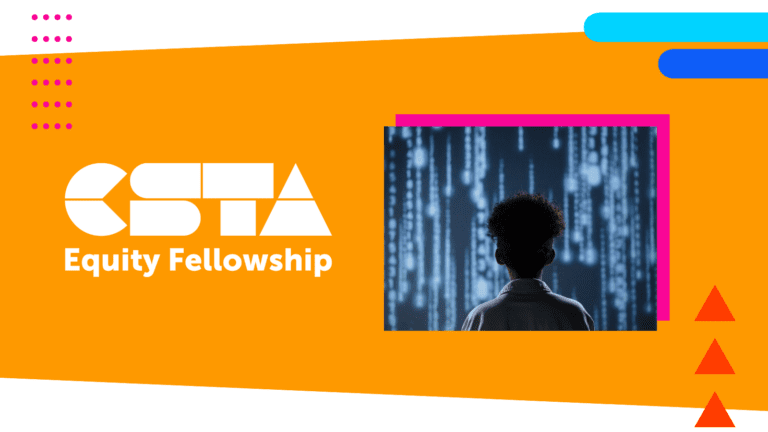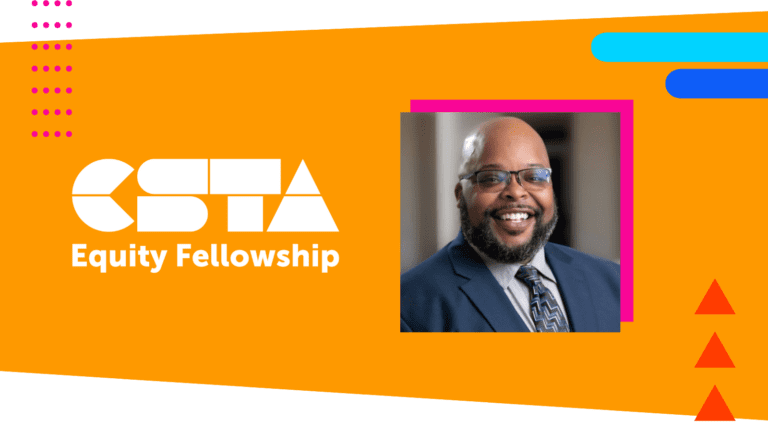On Aug. 4, 2023 the US Department of Justice published a new proposed rule: Nondiscrimination on the Basis of Disability; Accessibility of Web Information and Services of State and Local Government Entities. There is a 60-day comment period to provide reactions to the proposed rule. Comments can be submitted from the website and are due by Oct. 3, 2023.
I briefly reviewed the new rule and found that it directly impacts K-12 education, particularly CS education that relies heavily on web access to various curricula and tools. There are 24 different references to “elementary and secondary school” in the rule.
I was particularly struck by exception (6) from the accessibility requirement which I quote: “(6) class or course content on a public entity’s password-protected or otherwise secured website for students enrolled, or parents of students enrolled, in a specific class or course at a public elementary or secondary school.” This appears to me to be a license for content providers of educational materials to make their products inaccessible simply by putting them behind a password wall. There are exceptions to this exception listed later in the rule, but they are hard to parse. The moral, ethical, and legal obligations to make content accessible to all people is important and whether or not course materials are password protected is not the issue. A student with a disability who wants to take a class but cannot because the course materials are not accessible is blocked from taking that class.
Readers of the CSTA Voice may want to review the rule and make their own comment.
About the Author
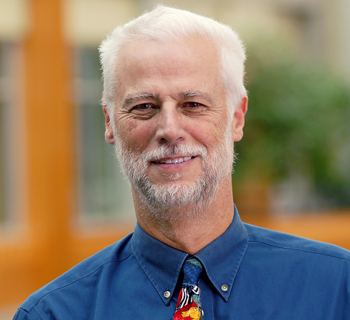
Richard Ladner is professor emeritus in the Paul G. Allen School of Computer Science and Engineering at the University of Washington. He joined the UW faculty in 1971 after receiving his PhD in mathematics at the University of California, Berkeley, that same year. He officially retired in 2017. Although he is not teaching anymore, he continues his research in accessible computing and advocacy work in supporting people with disabilities in computing fields. Since 2006, he has been the leader of AccessComputing, a National Science Foundation–funded project that aims to increase the participation of students with disabilities in computing fields. In 2014, he worked with Andreas Stefik to create AccessCSforAll, a program that works on developing accessible computer science educational technology and training K–12 computer science teachers to include students with disabilities in their classes. In 2018 he was named a Champion of Computer Science – Accessibility by CSTA and Code.org. He joined the CSTA Board of Directors in 2022.

